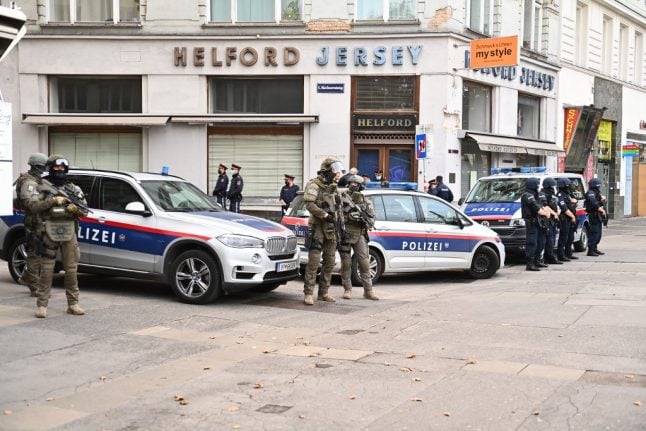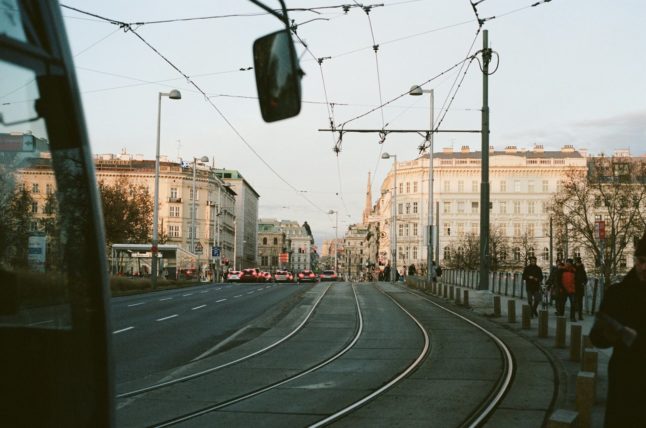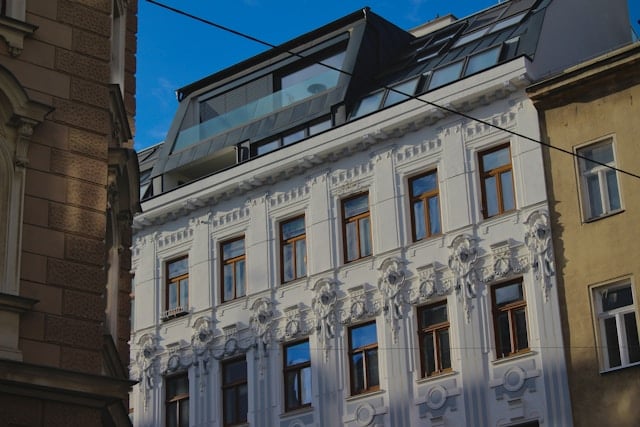The country was on Tuesday mourning four civilians shot dead by a 20-year-old Islamic State sympathiser who attacked a popular nightlife area in the heart of Vienna on the last night before a second coronavirus shutdown.
Political scientist and Middle East expert Thomas Schmidinger told AFP that it had only been a matter of time before such an attack occurred in Austria.
“I am not surprised that this is happening in Vienna now. What can happen in Nice, in Berlin or Brussels can happen here as well,” Schmidinger said.
The fact that Austria prides itself on its reputation as a neutral country, not taking part in military alliances like Nato, has not saved it from being a target for extremists.
“The entire scene has been in Vienna for a while,” Schmidinger said, referring to hundreds of sympathisers he estimates the Islamic State (IS) group has in Vienna.
READ ALSO: 'How was it possible?' Austrians left asking painful questions after Vienna shootings
The suspected killer held Austrian and Macedonian nationality and was shot dead in a firefight with police and special forces on Monday night.
On Tuesday, Austria's interior minister Karl Nehammer confirmed the arrest of 14 other suspects, but said that it was still unclear whether they had played a role in the attack.
'Homegrown terrorism'
As with other terrorists in attacks across Europe, Vienna's shooter had long lived among those he targeted when he armed himself with an automatic weapon, a handgun and a machete and strapped a fake explosives belt around his
waist.
“What we can say for sure is that this is homegrown terrorism — terrorism by a person who grew up in Vienna and who lived in Vienna and who therefore attacked right here,” Schmidinger said.
The attacker was born in the commuter town of Moedling just to the south of Vienna.
While his exact links to terror group Isis were unclear, he was previously sentenced for attempting to travel to Syria in order to join the Islamic State extremist organisation.
Austria has seen a relatively high proportion of residents trying to make the same journey.
In 2018 the interior ministry said around 300 people had either left or been intercepted trying to leave Austria to fight in Syria or Iraq since 2011.
Some 50 of them had died there while around 100 returned.
'Not spontaneous'
Monday's attack, according to Schmidinger, was conceived by “someone who wanted to cause as much harm as possible.”
“It was planned, it was definitely not a spontaneous rampage — even the timing on the eve of the big lockdown where many people were outside speaks to that,” Schmidinger said.
In a televised address to his compatriots on the morning after the atrocity, Chancellor Sebastian Kurz said that “often we in Austria see ourselves as an island of the blessed, where we only know about violence and terror from abroad”.
But the sad truth is even if we're lucky enough to live in an essentially safe country, sadly we don't live in a safe world.”
The last time a large terrorist attack rocked the small nation of fewer than 9 million people was a racist bomb attack on the Roma minority which killed four people in the Burgenland region in 1995.
In the 1980s there was a series of deadly attacks by Palestinian militants, including a hostage-taking attempt at the counter of the Israeli airline El Al at Vienna airport and attack on a bar mitzvah at the main synagogue.
In December 1975 there was the infamous attack by a commando group led by Ilich Ramirez Sanchez, alias Carlos the Jackal, in which 70 people were taken hostage, including 11 oil ministers, at the OPEC headquarters in Vienna. Three
people were killed.
Austria has lax gun ownership laws, largely due to a high number of people who enjoy hunting, but violent attacks or murders are extremely rare.




 Please whitelist us to continue reading.
Please whitelist us to continue reading.
Member comments